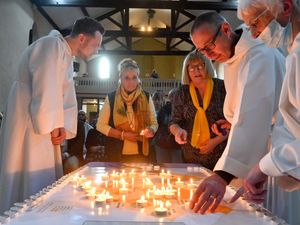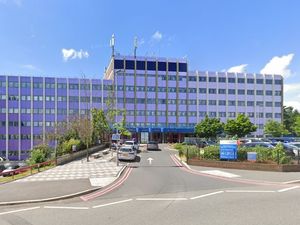Ambulance staff already stretched before winter pressure bites, says manager
West Midlands Ambulance chiefs have voiced their concern that staff are already ‘quite stretched’ before the winter pressures bite.

Ed Middleton, senior operations manager at the ambulance service, said that staff were completing 14-hour days and at a local level managers were trying to control staff welfare.
“The only time we get with this workforce except for planned meetings is when they clock in and clock out,” said Mr Middleton.
“It’s giving them that welcome, making sure we have that support for them and making sure that they are supported.
“With the current pressures we are seeing more stress and anxiety and more welfare meetings. We’re in a turmoil really where we want to provide the best care we can for our patients and provide that really healthy working environment. But the challenges are becoming more and more.
“We’re entering November and haven’t felt the burden of the winter pressures yet, but we are quite stretched.
“We’re doing everything we can with the resources that we’ve got and pressures that we’ve got. It’s a balance of staff requirements and patient requirements, finding that balance is quite tricky.”
He added that his working week involved between 16 to 20 hours of staff welfare and sickness meetings.
The West Midlands Ambulance Service (WMAS) board met this week and discussed the results of the National NHS Survey for 2022.
The anonymous survey was completed by 2,768 staff out of the 7,171 invited to take part - 39 per cent. The average response rate for all ambulance trusts was 50 per cent.
The majority of results had no significant change from 12 months earlier.
Morale came out above the ambulance sector group average but the areas of ‘compassionate and inclusive; we are recognised and rewarded; we are a team and staff engagement’ all came out below average.
The 2023 staff survey was launched on in September and is open until November 24.
Nathan Hudon, director of performance and improvement, said that despite the pressures shown in the survey people were still coming to work and attendance levels were in a strong place.
He added that the amount of staff leaving have been fairly low for some time. Mr Hudson said that most of those leaving were either retiring or going onto other avenues within the service.
Mr Hudson also said that more staff are choosing not to do more planned overtime compared to previous years and are valuing more time with their families and activities away from work. However, he said that made it slightly challenging when trying to create more resources to get to patients.





